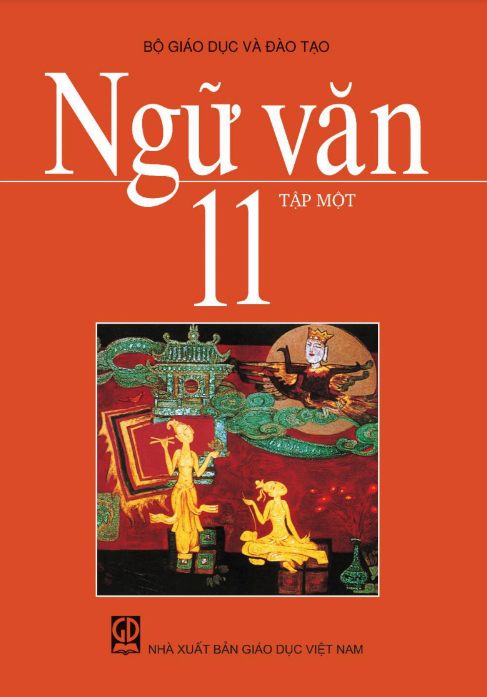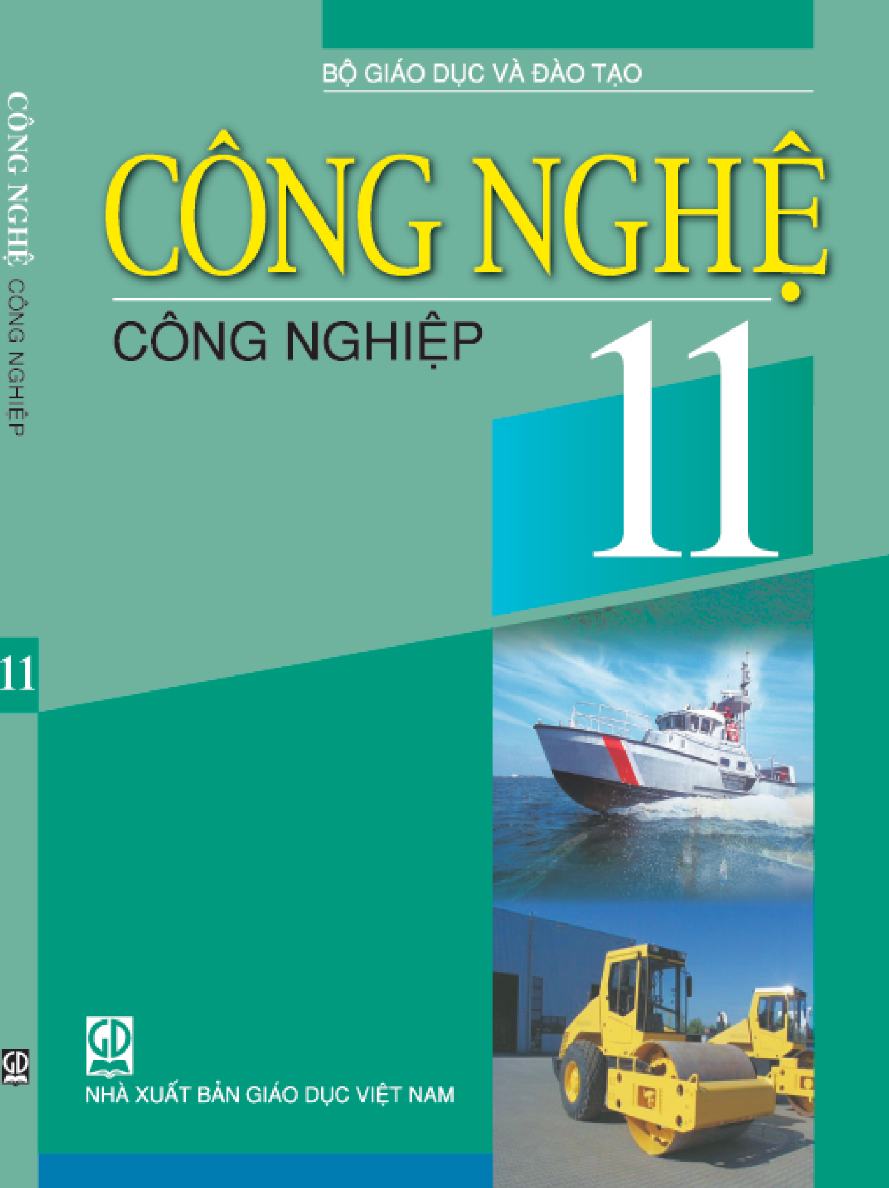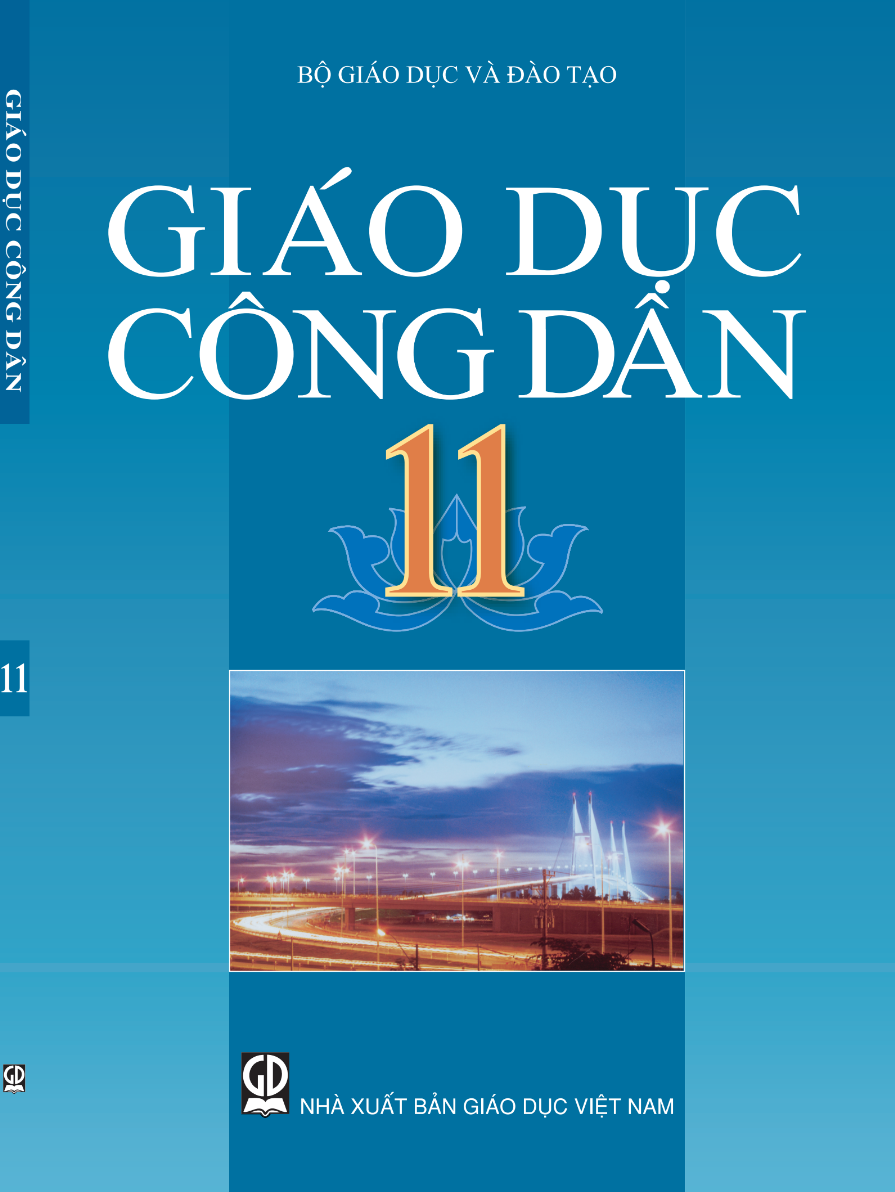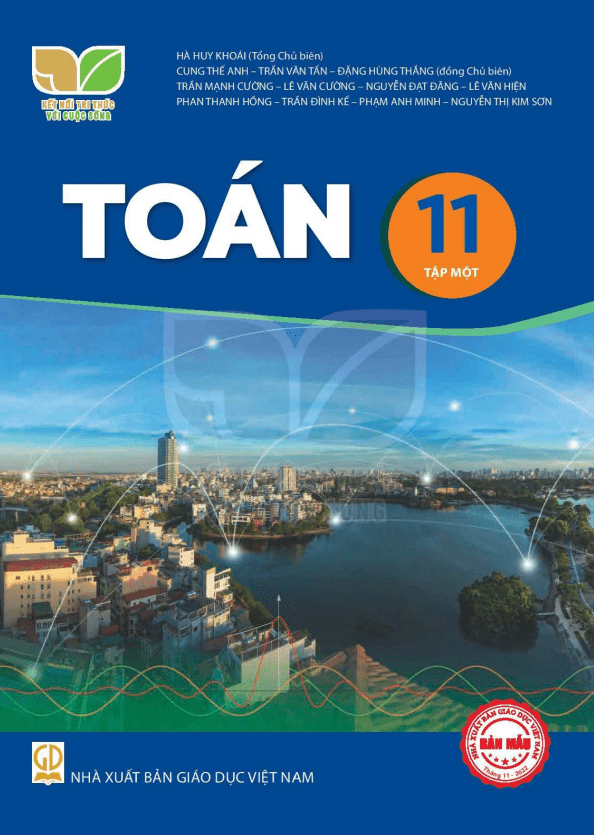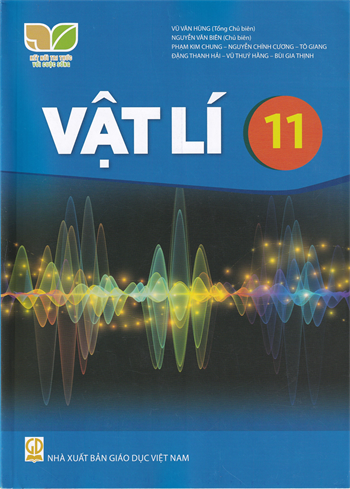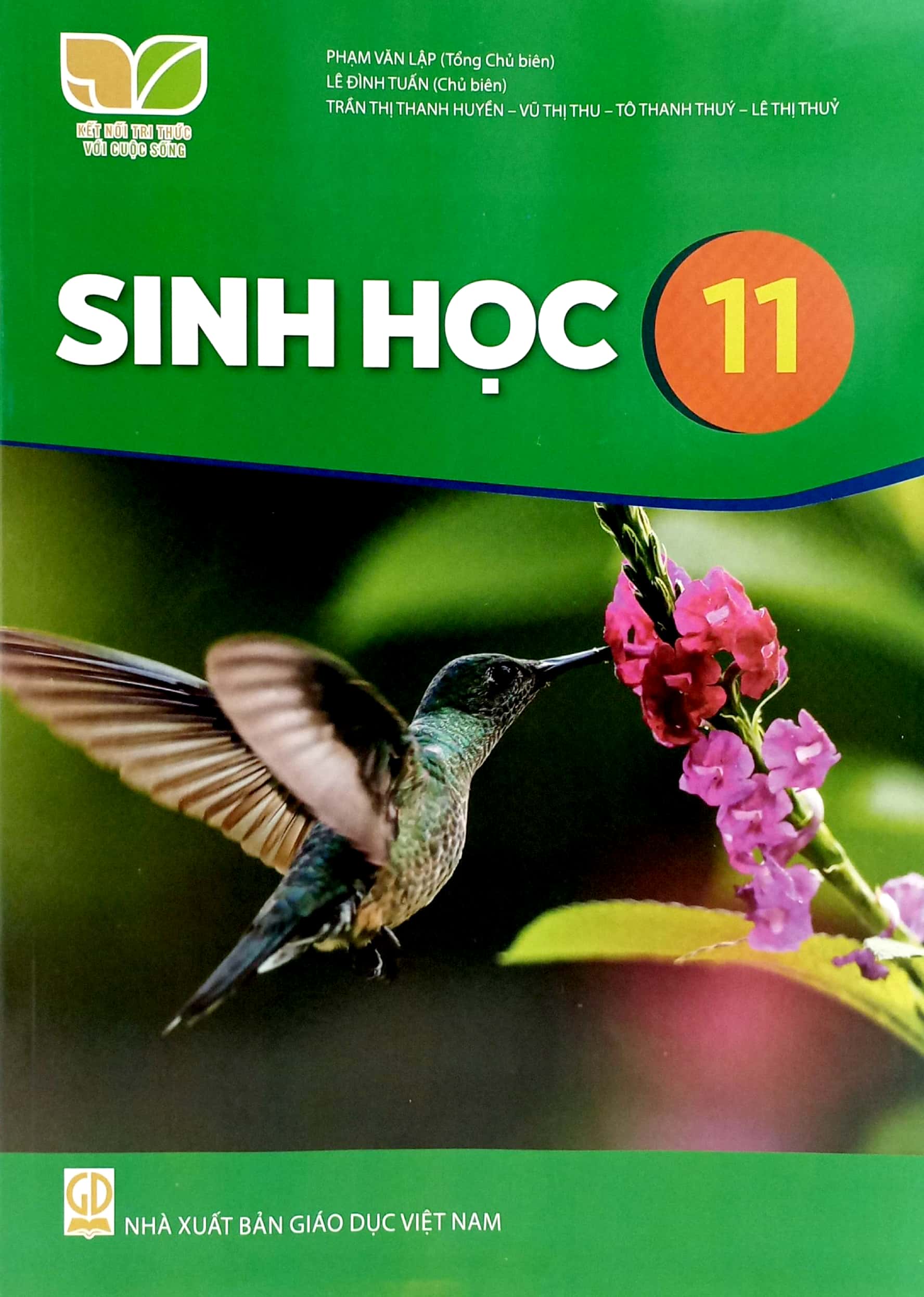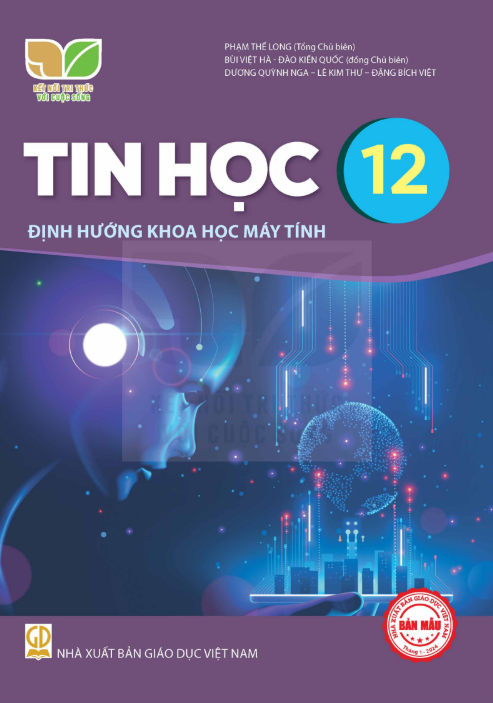(Page 52)
This unit includes:
LANGUAGE
Pronunciation
Sentence stress and rhythm
Vocabulary
Words and phrases related to global warming
Grammar
Present participle and past participle clauses
SKILLS
Reading: Reading for main ideas and specific information in an article about the UN Climate Change Conference
Speaking:
• Talking about human activities and global warming
• Presenting ideas clearly in a discussion
Listening: Listening for main ideas and specific information in a talk about black carbon and global temperature
Writing: Writing a leaflet to persuade people to reduce black carbon emissions
COMMUNICATION AND CULTURE / CLIL
Everyday English
Giving and responding to
warnings
CLIL
Reducing the environmental
impact of farming
PROJECT
Carrying out a survey to find out how local people try to limit global warming
I. GETTING STARTED
A presentation about global warming
1. Listen and read. 🎧
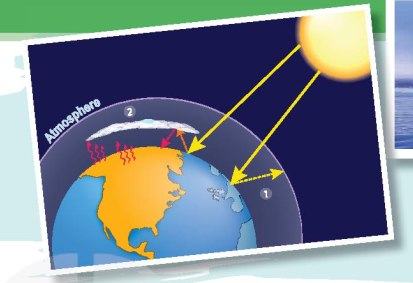
Mr Quang: Good morning, class. Today's lesson will start with Mai and Nam's talk about some of the causes and consequences of global warming. Would you like to go first, Mai?
Mai: Yes, thank you. First, let me remind you what global warming refers to it's the increase in the earth's temperature because of certain gases in the atmosphere.
Nam: Exactly. These gases are mainly produced through human activities. For example, burnt for energy, fossil fuels release large amounts of carbon dioxide into the atmosphere.
Mr Quang: But how do these gases make the earth warmer?
Mai: Well, they act like the glass in a greenhouse. Trapping too much of the sun's heat, they stop it from escaping back into space. This makes the planet hotter and hotter.
Nam: That's right. That's why these heat-trapping pollutants are known as greenhouse gases, and their impact is called the greenhouse effect.
Mai: Global warming is also linked to rising sea levels. As temperatures rise, polar ice caps melt faster, adding more water to oceans. Higher sea levels can also lead to floods.
Nam: Each year, the consequences of global warming become more serious, and its negative impact on the environment and people gets stronger.
Mr Quang: Good job! Thank you for sharing the information.
(Page 53)

2. Read the conversation again and complete the diagram, using the following phrases.
a. Trapping the sun's heat
b. Making the planet warmer
c. Producing certain gases (e.g. CO2)
d. Stopping the heat from escaping
1. _____ -> 2. _____ -> 3. _____ -> 4. _____
3. Match the words to make phrases used in 1.
| 1. global | a. activities |
| 2. heat-trapping | b. gases |
| 3. greenhouse | c. warming |
| 4. human | d. levels |
| 5. sea | e. pollutants |
4. Complete the sentences with the correct verb forms from 1.
1. _____ for energy, fossil fuels release large amounts of carbon dioxide into the atmosphere.
2. _____ too much of the sun's heat, greenhouse gases stop it from escaping back into space.
3. As temperatures rise, polar ice caps melt faster, _____ more water to oceans.
